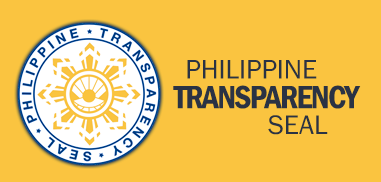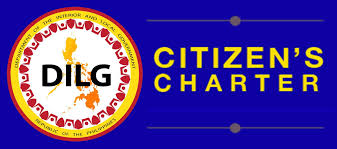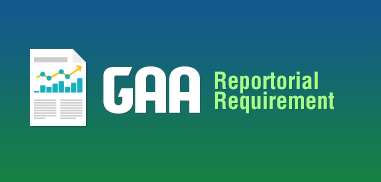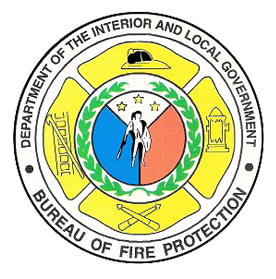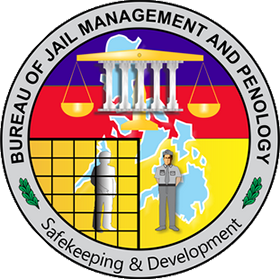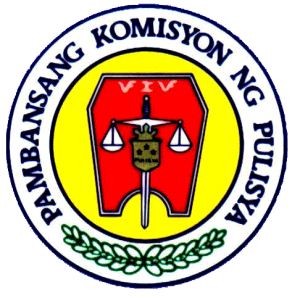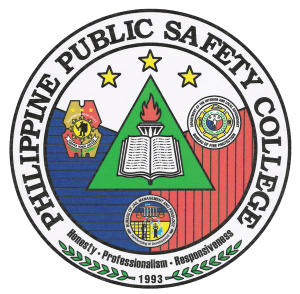The 2016 Seal of Good Local Governance: Pagkilala sa Katapatan at Kahusayan ng Pamahalaang Lokal is an instrument which tracks performance of local government units (LGUs) and awards LGUs with good performance. This assessment shall cover 81 provinces, 144 cities and 1,490 municipalities. It is an award and incentive program for performing local governments, in pursuit to encourage and challenge all provinces, cities and municipalities to improve on their performance and service delivery set across six (6) components comprising the areas where local governments are to be assessed. Good governance promotes transparency and accountability in the use of public funds by delivering basic services that are responsive to people’s needs. It is a continuing challenge for local governments to perform better, and ultimately, achieve a desirable condition where local governments: (a) Sustain the practice of transparency and accountability in the use of public funds; (b) Prepare for challenges posed by disasters; (c) Demonstrate sensitivity to the needs of vulnerable and marginalized sectors of society; (d) Encourage investment and employment; (e) Protect constituents from threats to life and security; and (f) Safeguard the integrity of the environment.
BRIEF HISTORY
In 2011, the late and former DILG Secretary Jesse Robredo introduced the Seal of Good Housekeeping (SGH). It aimed to monitor and award LGUs with good performance in internal housekeeping specifically in the areas of local legislation, development planning, resource generation, and resource allocation. In 2012, a total of 77% or 1327 out of 1713 local government units (71 provinces, 111 cities and 1,145 municipalities), were conferred with the Seal of Good Housekeeping. In January 15, 2014, former DILG Secretary Manuel A. Roxas II introduced The Seal of Good Local Governance (SGLG), an upgraded version of the SGH. While the SGH primarily focused on full disclosure of the financial aspect of the LGUs, the SGLG introduced mechanisms for the LGUs for them to be able to provide services and be responsive to other various needs of their constituents.
HOW TO BECOME A RECIPIENT
The six (6) components of the Assessment Criteria are divided into two areas, Core and Essential. The three (3) Core Areas are Financial Administration, Disaster Preparedness and Social Protection and the three (3) Essential Areas are Business- Friendliness and Competitiveness, Peace and Order and Environmental Protection.
Core Areas
- Financial Administration – An LGU that sustains the practice of accountability, transparency by adhering with accounting and auditing standards and compliance with the Full Disclosure Policy and sound management of resources.
- Disaster Preparedness – An LGU that shows preparedness for disaster by taking proactive actions through the creation and mobilization of local DRRM structures and systems; development and/or implementation of appropriate programs and plans; building the competencies of concerned personnel; and ensuring operational readiness with the availability of equipage, supplies and other resources intended for early warning and response.
- Social Protection – An LGU that is sensitive to the needs of disadvantaged sectors like women, children, senior citizen, indigenous peoples and persons with disability (PWDs), among others, with the installation or management of facilities or services that cater to their needs such as residential care facilities, provision of support to basic education, accessibility features in local government buildings, access to social welfare services, and participation of the sector(s) in local special bodies and in the local sanggunian.
Essential Areas
- Business-Friendliness and Competitiveness – An LGU that exerts efforts in encouraging business and employment through the systems, structures and/or legislation in place to support the promotion of such in the locality.
- Peace and Order – An LGU that demonstrates good performance in terms of maintaining peace and order in the community with the implementation of activities and provision of support mechanisms to ensure the protection of constituents from threats to life and security.
- Environmental Protection – An LGU that performs considerably to preserve the integrity of the environment by complying at the minimum, with the provisions of the Ecological Solid Waste Management Act of 2000.
The selected LGU recipient will get a Certificate of Recognition, a marker and a Performance Challenge Fund which may be utilized for developmental projects of the LGU.




